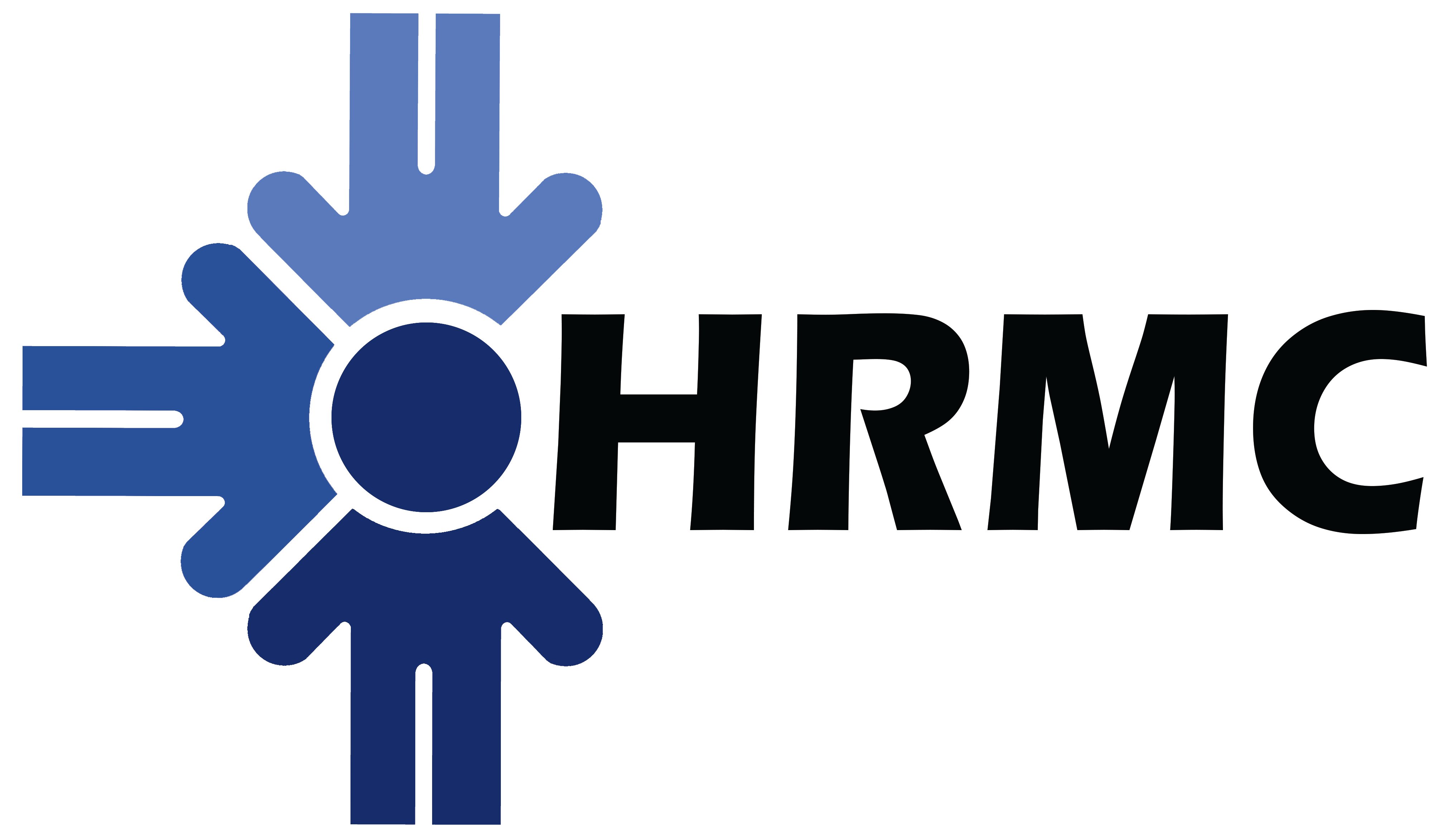Oftentimes, hiring managers will hire someone who impresses during the interview, but fails to live up to their expectations once on the job. Since interviewing only gives you some information, a pre-employment assessment can give you the rest. Testing can identify fit, uncover strengths and weaknesses, and clarify values. Ensure your new hires will be assets instead of liabilities while reducing turnover costs.
A pre-employment assessment can assess intellect, executive skills, judgment, motivation, insight, maturity, interpersonal skills, and much more. HRMC has wide and deep experience in identifying, administering, and interpreting a large number of psychological assessment instruments, including, but not limited to:
16PF
– Facilitates personnel selection and development by identifying personal qualities that influence behaviors in work settings, such as problem-solving and interpersonal style. Offers an in-depth interpretation of normal personality factors from a clinical perspective, enabling presenting problems to be placed in the context of the total personality.
Birkman Method
– Assists with gaining insight into unique interests and work styles and how they fit with over 150 different professions. With the assistance of a consultant, individuals can start making their life and future everything they want it to be.
CPI (California Psychological Inventory)
– Provides a detailed personal portrait of an individual by describing personality characteristics across 3 structural scales, 20 folk scales, and 13 special purpose scales. Presents dynamic, objective insights into personality and is used to recruit and develop successful employees, prepare qualified leaders, create efficient and productive organizations, and promote teamwork.
FIRO-B (Fundamental Interpersonal Relations Orientation-Behavior)
– Helps individuals explore and expand their understanding of the leadership style they use in organizations and how others might perceive and react to it.
HDS (Hogan Development Survey)
– Provides an analysis of 11 behavioral tendencies that can derail career success and is often used as a selection and development tool.
HPI (Hogan Personality Inventory)
– Predicts employee performance and helps companies improve bottom-line business results such as reducing turnover, absenteeism, shrinkage, and poor customer service.
MBTI (Myers-Briggs Type Indicator)
– Offers a foundation for understanding individual differences and applying that understanding to the ways people think, communicate, and interact. Develops individuals, teams, and organizations to meet today's challenges in such areas as communication, team building, leadership, and career management.
MVPI (Motives & Values Preference Inventory)
– Formulates strategies for clarifying the areas of interest individuals should pursue. Assesses the fit between employees and organizational culture.
SPA (Sales Performance Assessment)
– Provides feedback on practices and behaviors that need to be sustained, strengthened, or modified to enhance sales effectiveness. Gives feedback on motivations or drivers that characterize the individual’s unique approach to his/her sales role.
TKI (Thomas-Kilmann Conflict Mode Instrument)
– Participants discover which of five conflict handling styles is their preferred "mode." Interpretation and feedback materials help respondents learn about the most appropriate uses for each mode and how to increase their comfort level with those that are less used.
Watson-Glaser
– Assesses critical thinking ability and decision making. Predicts judgment, problem solving, creativity, openness to experience, and more.

